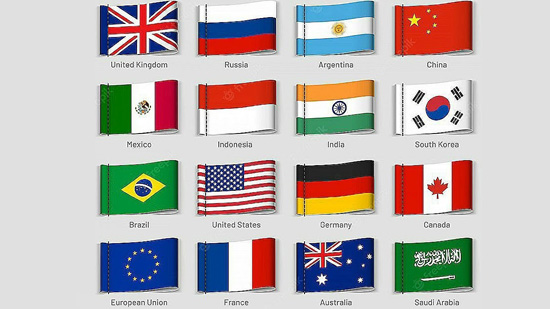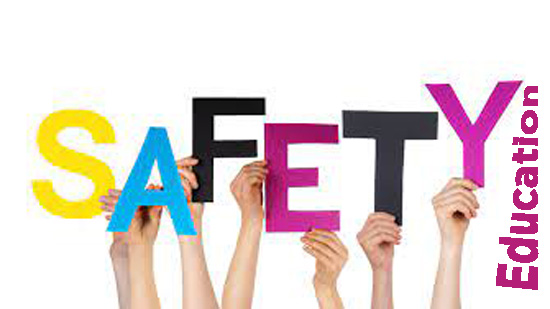Which country has the best education system? This question has been the subject of much debate and analysis in recent years. With so much emphasis placed on the importance of education, it’s no wonder people are curious to know which country comes out on top. In this article, we will explore different factors that contribute to a strong education system and look at some countries that are often hailed as leaders in this field.
From Finland’s student-centered approach to South Korea’s rigorous academic standards, each country has its own unique strengths and weaknesses. So, let’s dive in and find out which country truly has the best education system.

Photo by Bscholarly TV, YT
Factors to consider when evaluating education systems
When evaluating education systems, it is essential to take into account various factors that contribute to their overall success. One crucial factor is the accessibility of education for all individuals. A country with a strong education system ensures that every child, regardless of their background or socioeconomic status, has equal opportunities to receive quality education. Another factor to consider is the curriculum and teaching methods employed by the education system.
A well-designed curriculum that emphasizes critical thinking, problem-solving, and creativity can significantly impact a student’s ability to thrive in their academic journey. The qualifications and training of teachers play a vital role in the effectiveness of an education system. Highly qualified and motivated teachers can inspire and engage students, making the learning experience more fruitful.
Education system rankings
Several organizations and publications release annual rankings of education systems worldwide. These rankings are based on various criteria, including student performance, resources allocated to education, and overall system efficiency. While rankings can provide a general overview, it is important to note that they may not capture the full picture of what constitutes an excellent education system. Factors such as cultural context, societal values, and student well-being also contribute to the success of an education system. Nevertheless, these rankings offer valuable insights into countries that have excelled in providing quality education to their citizens.
Top countries with the best education systems
Several countries have gained recognition for their exceptional education systems. Finland, for example, consistently ranks among the top performers in international education assessments. Finland’s approach to education emphasizes equality, flexibility, and a holistic view of learning. Students in Finland have shorter school hours, less homework, and a focus on play-based learning in the early years. The country also places a strong emphasis on teacher training, ensuring that educators are well-equipped to meet the needs of their students.
Another country renowned for its education system is Singapore. Singapore consistently ranks highly in global education rankings due to its rigorous academic standards. The country’s education system places an emphasis on math and science, and students are often required to take standardized tests. Singapore also has a strong focus on building character and values, with an emphasis on discipline, respect, and hard work. The combination of academic excellence and character development has contributed to the country’s success in education.
Case studies of countries with successful education systems
In addition to Finland and Singapore, there are several other countries that have made significant strides in developing successful education systems. South Korea, for instance, has achieved remarkable results in education despite its challenging history. The country’s education system emphasizes discipline, hard work, and a strong emphasis on academic achievement. South Korean students often spend long hours in school and participate in rigorous after-school tutoring programs to excel academically.
Canada is another country that has garnered attention for its education system. Canada’s approach to education focuses on inclusivity, diversity, and personalized learning. The country values the holistic development of students, combining academic excellence with extracurricular activities, arts, and sports. Canadian schools also prioritize the well-being and mental health of students, creating a supportive and nurturing learning environment.
Challenges faced by countries with top education systems
While many countries have achieved success in their education systems, they also face unique challenges. One common challenge is maintaining high standards in the face of changing societal needs and technological advancements. Education systems must adapt to prepare students for the demands of the modern world, which often involves integrating technology into the classroom and teaching relevant skills for the future.
Ensuring equal access to education for all students remains a challenge for many countries. Disparities in resources, infrastructure, and opportunities can hinder the progress of education systems and perpetuate inequality.
Lessons that can be learned from countries with successful education systems
Countries with successful education systems offer valuable lessons that can be applied globally. One lesson is the importance of investing in teacher training and professional development. Highly qualified and motivated teachers are the backbone of any successful education system. Providing continuous training and support for teachers ensures that they can effectively meet the needs of their students and adapt to changing educational landscapes.
Another lesson is the importance of a well-rounded curriculum that goes beyond academic subjects. Countries like Finland and Canada recognize the value of arts, sports, and extracurricular activities in fostering creativity, critical thinking, and personal development. Incorporating these aspects into the education system can help students develop a broader set of skills and prepare them for the challenges of the future.
Improving education systems globally
While some countries have excelled in their education systems, there is always room for improvement globally. Collaboration and knowledge-sharing among countries can contribute to the collective advancement of education systems. By studying successful models and implementing best practices, countries can work towards creating inclusive, equitable, and effective education systems. Addressing the digital divide and ensuring access to technology and internet connectivity for all students is crucial in the modern age.
Technology in education systems
Technology has the potential to revolutionize education by enhancing teaching and learning experiences. Integrating technology into the classroom allows for personalized learning, interactive lessons, and access to a wealth of information. However, it is important to strike a balance and ensure that technology is used as a tool to support learning, rather than replacing traditional teaching methods. Providing teachers with the necessary training and resources to effectively incorporate technology into their lessons is crucial for its successful implementation.
Conclusion
While there is no definitive answer to which country has the best education system, several nations have achieved remarkable success in providing quality education to their citizens. Factors such as accessibility, curriculum, teacher qualifications, and cultural values all contribute to the success of an education system.
By studying the approaches of countries like Finland, Singapore, South Korea, and Canada, valuable lessons can be learned and applied globally to improve education systems. With continued collaboration, investment in teacher training, and the integration of technology, education systems can evolve to meet the changing needs of students and prepare them for a successful future.



